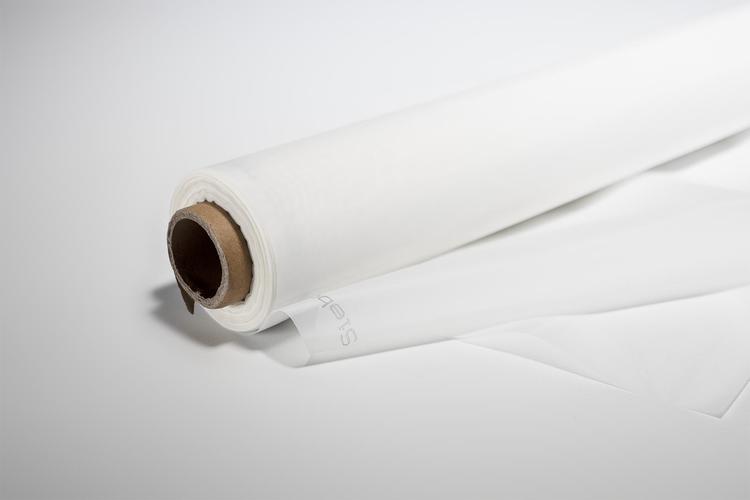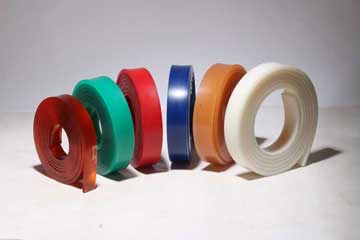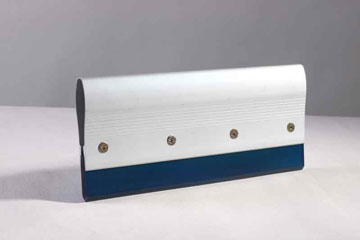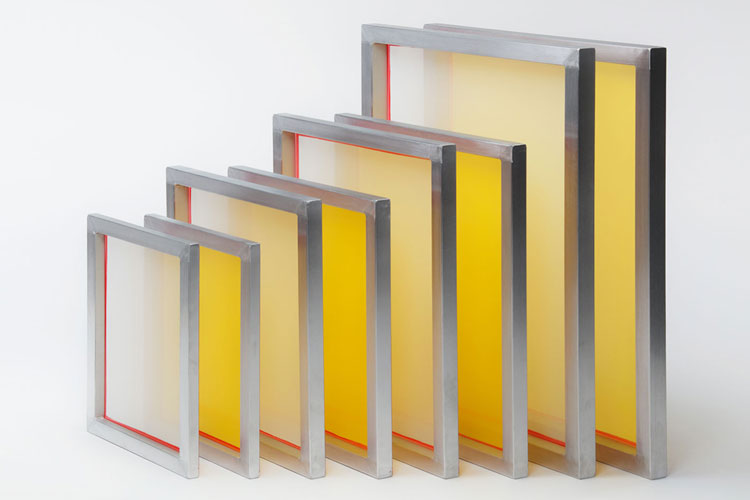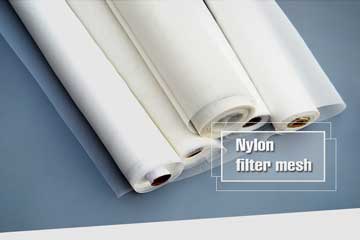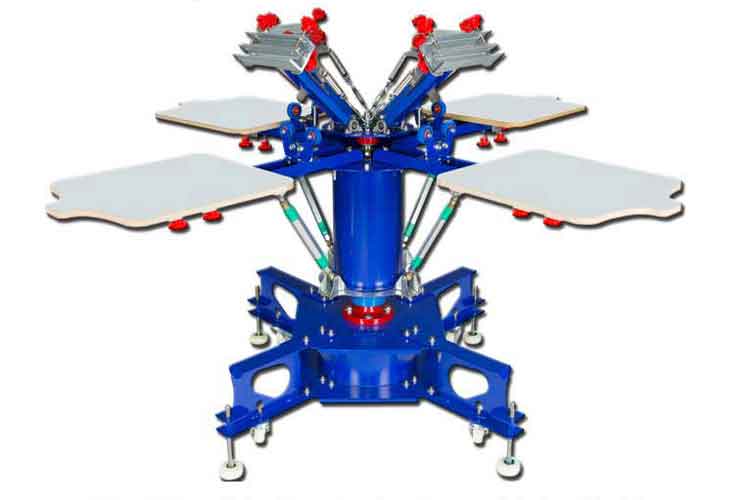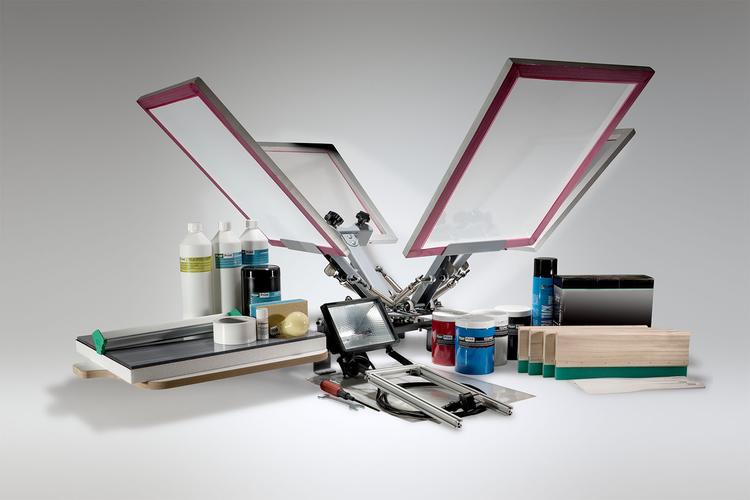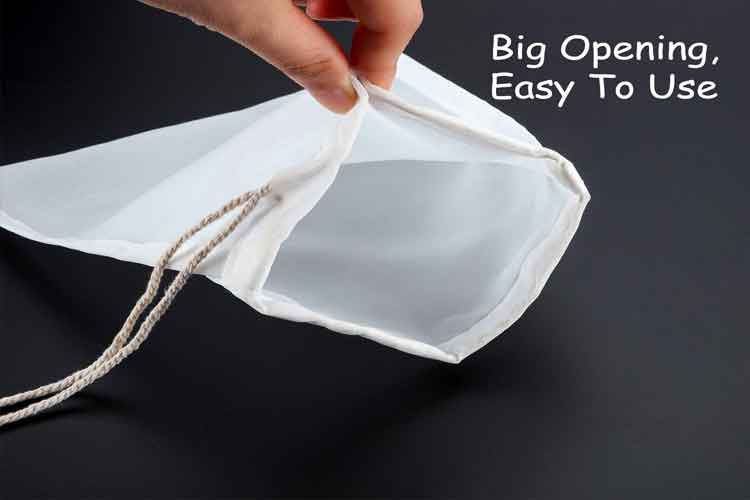High Precision Printing with 230 Mesh Silk Screen
By integrating 230 mesh silk screens into your printing process, you elevate the precision, consistency, and professionalism of your products. Whether in apparel, industrial, or promotional printing, this mesh count provides the perfect balance between in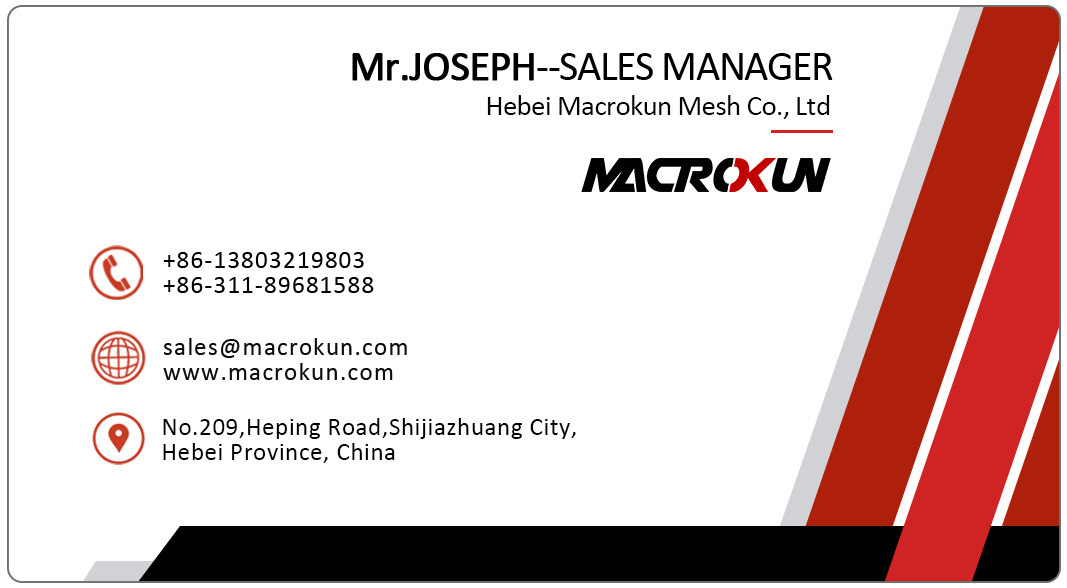
In professional screen printing, mesh selection is one of the most critical decisions influencing print detail, ink deposit, and final product quality. Among the wide range of mesh counts available, the 230 mesh silk screen stands out as an industry favorite for applications requiring fine detail, smooth ink coverage, and excellent resolution. Whether you are printing high-definition graphics, halftones, or precision industrial coatings, a 230 mesh screen balances precision with versatility. This article explores the market demand, product fundamentals, key features, applications, selection criteria, maintenance practices, and why the 230 mesh silk screen is the right choice for your screen printing business.
.jpg)
Market Overview: Why 230 Mesh Screens Are in Demand
-
High Detail Requirements
Graphic and textile printers increasingly require sharp, detailed images for modern designs. A 230 mesh screen allows precise printing of halftones, gradients, and fine lettering. -
Growing Apparel & Merchandise Market
T-shirt printing, branded merchandise, and sportswear often involve multicolor designs that demand consistency and accuracy. 230 mesh delivers clean detail and reduces ink bleeding. -
Industrial & Technical Printing
Beyond textiles, industries like electronics, ceramics, and solar panels rely on fine mesh counts for technical coatings and circuit designs. -
Balancing Ink Flow and Resolution
Lower mesh counts (110–160) deposit more ink but lack fine detail, while higher counts (300+) may restrict ink flow. At 230 mesh, printers get the best of both worlds: sufficient ink coverage and fine detail reproduction.
Product Fundamentals: Understanding the 230 Mesh Silk Screen
-
Mesh Count Definition: 230 mesh means there are 230 threads per linear inch. This fine mesh size provides precise openings for controlled ink passage.
-
Material Composition: Typically made of high-tension polyester or nylon mesh, ensuring dimensional stability, resistance to stretching, and consistent performance.
-
Applications: Ideal for detailed graphics, thin ink layers, halftones, fine lettering, and specialty printing where accuracy is crucial.
-
Ink Compatibility: Works best with water-based inks, plastisol inks, UV inks, and solvent-based inks designed for fine detail applications.
Key Features of 230 Mesh Silk Screen
1. Fine Detail Reproduction
The tight mesh openings enable crisp printing of small text, halftones, and intricate designs that lower mesh counts cannot achieve.
2. Controlled Ink Deposit
A 230 mesh screen lays down thinner, more even ink layers, making it perfect for designs requiring subtle color blending or precise registration.
3. Versatility Across Applications
From apparel printing to promotional items and even industrial coatings, the 230 mesh silk screen is adaptable to multiple sectors.
4. Durability and Stability
High-quality polyester mesh maintains tension during long print runs, preventing distortion and ensuring consistent results.
5. Compatibility with Advanced Techniques
This mesh count is widely used for four-color process printing, simulated process printing, and other advanced techniques requiring color accuracy.
Selecting the Right Mesh for Your Project
When deciding if a 230 mesh silk screen is right for your project, consider:
-
Design Complexity – Choose 230 mesh for fine line art, halftones, and detailed graphics.
-
Ink Type – Works best with thinner inks; for thicker plastisol inks, pre-reduction may be necessary.
-
Substrate Type – Ideal for smooth fabrics (cotton, polyester blends) or rigid substrates (plastics, ceramics, glass).
-
Print Durability – Thin ink layers provide smooth prints but may require proper curing for long-lasting results.
Maintenance Best Practices
-
Proper Cleaning – Use mesh-safe cleaning solutions to prevent thread damage.
-
Reclaiming Techniques – Apply stencil removers that fully clear previous emulsion without weakening the fibers.
-
Storage – Keep frames in dry, dust-free environments to avoid contamination.
-
Tension Monitoring – Regularly check screen tension to maintain accuracy across print runs.
-
Avoid Over-Scrubbing – Gentle cleaning extends screen life and prevents mesh breakage.
Applications of 230 Mesh Silk Screen
-
Textile Printing – T-shirts, sportswear, fashion garments requiring detailed multicolor prints.
-
Promotional Products – Tote bags, posters, and merchandise needing clean, sharp images.
-
Electronics Industry – Precision coatings for circuit boards and sensors.
-
Ceramics and Glass – Fine patterns and logos printed on flat surfaces.
-
Four-Color Process Printing – Achieving photographic effects with accurate halftones.
Why Choose Our 230 Mesh Silk Screen
-
Consistent Quality: Manufactured to meet strict quality standards for thread count and tension.
-
Durability: Long-lasting polyester mesh withstands repeated use and cleaning cycles.
-
Professional Results: Delivers the fine resolution required by advanced screen printing shops.
-
Versatile Use: Supports both textile and industrial printing applications.
Next Steps
-
Evaluate Your Projects – Identify whether your upcoming jobs require fine detail or halftones.
-
Select Compatible Inks – Choose thinner inks optimized for high mesh counts.
-
Upgrade Your Screens – Incorporate 230 mesh silk screens into your print shop to expand capabilities.
-
Train Your Team – Educate staff on handling and maintaining fine mesh screens.
-
Track Output Quality – Monitor improvements in detail, clarity, and customer satisfaction.
By integrating 230 mesh silk screens into your printing process, you elevate the precision, consistency, and professionalism of your products. Whether in apparel, industrial, or promotional printing, this mesh count provides the perfect balance between ink control and high-resolution detail—making it a must-have for serious screen printers.
silk screen 230 Mesh Silk Screen
Pre:Mastering the Art of Silk Screen Printing Mesh: Your Comprehensive Guide to Precision Printing
Next:Monofilament Mesh Screen — High-Precision Mesh for Printing, Filtration and Industrial Coatings
Tags:
